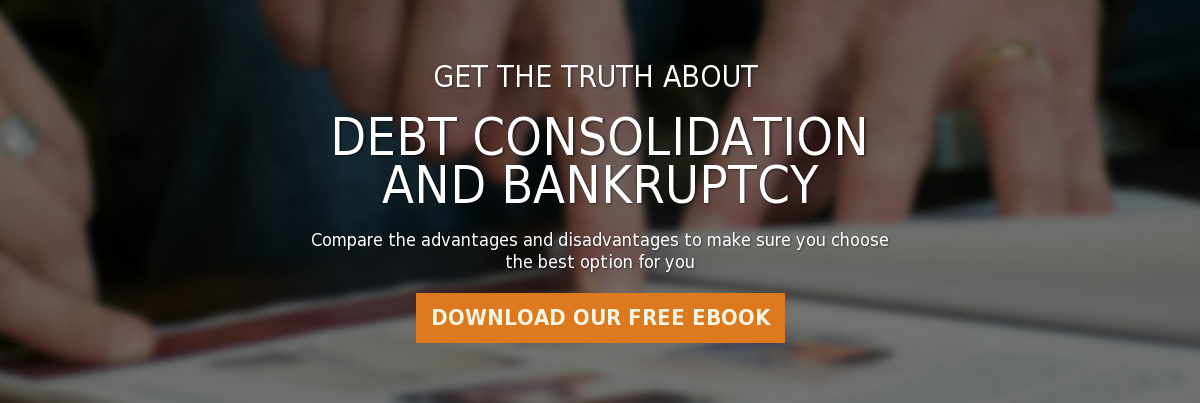A Chapter 13 bankruptcy is what we refer to as a “Government Sponsored Debt Repayment Plan.” Instead of using a debt consolidation company or tackling your overwhelming debt on your own, a Chapter 13 bankruptcy can be a great option. The main difference between a Chapter 7 bankruptcy and a Chapter 13 bankruptcy is the Chapter 13 Plan. When you file a Chapter 13 bankruptcy, you include a 3 to 5 year repayment plan. The repayment plan amount is based on your disposable income. Basically, you take your average income in a month and subtract your average living expenses. The amount left over is considered your “disposable income” which you can contribute to your Chapter 13 plan. Your Chapter 13 payments are then distributed to your creditors.
Who should file a Chapter 13 bankruptcy?
A Chapter 13 bankruptcy is great for individuals with the following situations:
- Your household income is greater than the state median income;
- You have mortgage arrears;
- You have vehicle arrears;
- You have tax debt; or
- You have overwhelming student loan debt.
If you have mortgage arrears, vehicle arrears, or tax debt, your Chapter 13 plan will cover that amount. As for your unsecured creditors (credit cards, medical bills, etc.), they will split the remaining balance of your payment plan. Anything not paid through your Chapter 13 plan payments is discharged at the end of the plan term.
Why should I file a Chapter 13 bankruptcy?
If you fit into one of the above situations, or your bankruptcy attorney recommends a Chapter 13, it may be a great choice for you. The main reason is that your creditors have to participate. Unlike a debt consolidation company or tackling debt on your own, the federal government requires your creditors to participate in your bankruptcy. It is a one-stop solution to any number of debt issues.



